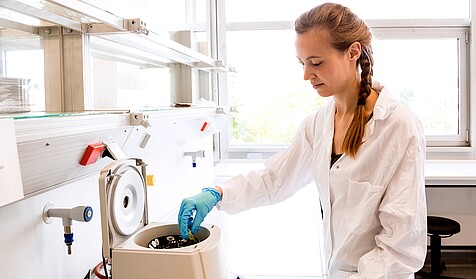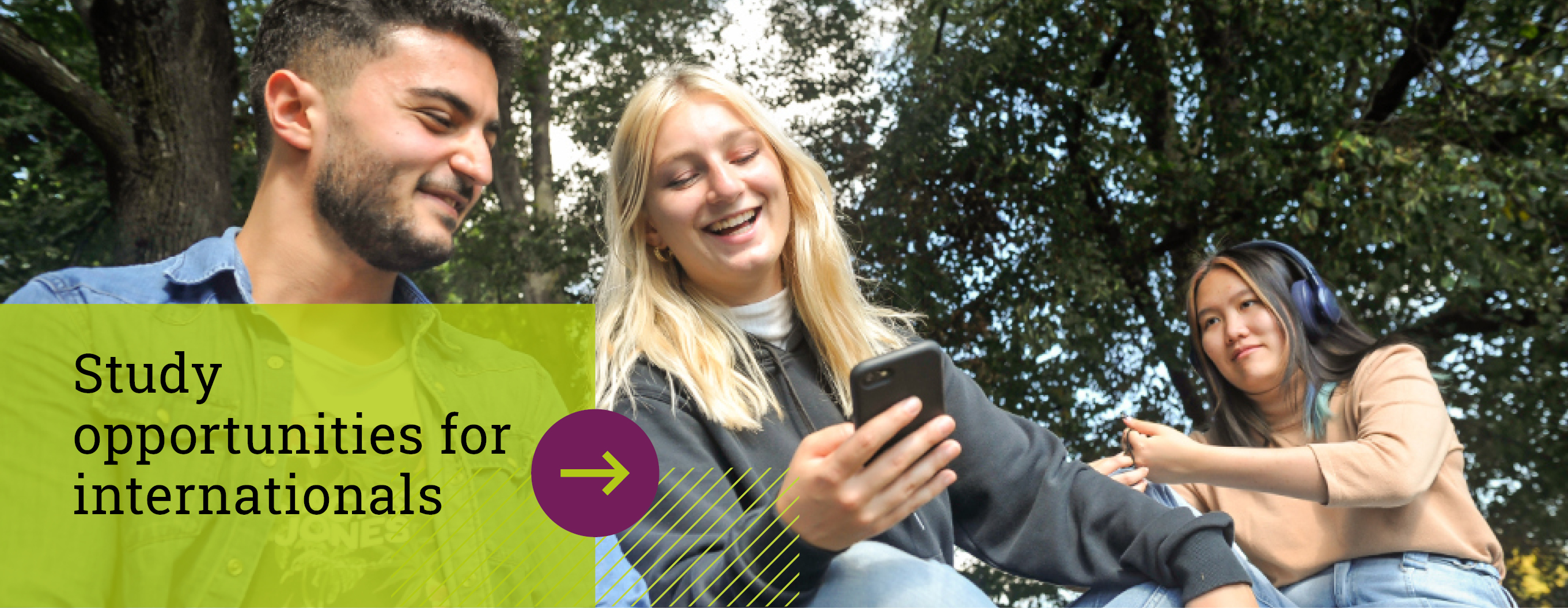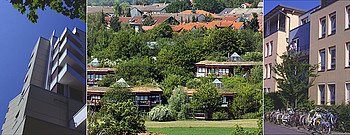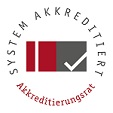Clinical Nutrition (Master’s)
Fit for clinical nutrition research
Master’s in Clinical Nutrition
Fit for clinical nutrition research
The research-oriented Master's program in Clinical Nutrition combines nutritional expertise with clinical issues. In your studies at the University of Hohenheim, you will develop a sound expertise in nutrition-dependent diseases and deal intensively with their pathophysiological causes, diagnostics, prevention options, and possible therapies. Based on this knowledge, upon successful completion of this degree, you will be able to conduct clinical research to develop nutritional therapy strategies, as well as critically analyze and present professional literature in a manner that is understandable to the public.
- Nutrition-dependent illnesses
- Studies with a focus on research
- Subject-specific knowledge of methods
- Reasons to Choose Hohenheim
| Degree Master of Science (M.Sc.) |
4 semesters 120 credits |
Language German |
University places 24 |
Location Stuttgart |
|||||
Information about the individual modules can be found in the module catalog.
In the first year,
... in theoretically oriented courses, you will deepen your knowledge of nutrition-related diseases. Using scientific literature, you will approach the underlying biochemical, physiological, immunological, and pathophysiological processes. In addition, you will gain insight into aspects of applied clinical nutrition and food economics.
In the second year,
... you will set individual priorities and acquire subject-specific methodological skills. Central to this is the module “Profile Area Experimental Project in Clinical Nutrition,” which will lead you to your final thesis. The academic year is designed so that you can acquire the skills at foreign partner universities or external research institutions.
By completing the experimental Master’s thesis in the fourth semester, you will demonstrate your ability to perform independent scientific work. The Master’s degree in Clinical Nutrition qualifies you for scientific work in nutritional science and medical research as well as for the application and communication of nutritional science knowledge in society.
Prof. Dr. Jan Frank (Department of Biofunctionality and Safety of Food)

"Research and teaching – Hohenheim offers you the best environment to do both!"
- Research facilities of the federal and state governments, esp. in biomed research
- Research and development, e.g. in the pharmaceutical sector, food industry, and others
- Nutrition counselling/nutrition therapy
- Hospitals and health resorts
- Public sector
- Health insurance companies
- Journalism (media and publishing firms)
- Superb supervision in small cohorts
- Research-oriented study programs
- Excellent laboratories and internship facilities with cutting-edge equipment
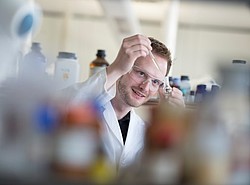
The Master’s program Clinical Nutrition is closely involved in current research projects of the Institute of Clinical Nutrition. Together with the Institutes of Chemical Biology and Nutritional Sciences, we are focused on research of the prevention and therapy of illnesses relating to nutritional habits. In this context we connect nutritional science to approaches from medicine and social sciences. Additionally, we contribute to inter-faculty research projects.
Research focus
The focus of nutritional science research at the University of Hohenheim lies on “Prevention, detection, and treatment of illnesses related to nutritional habits”. In relation to the prevention of illnesses related to nutritional habits as well as therapeutic approaches we are doing research in the following areas:
- Physiological implications and security of bioactive nutritional ingredients and supplements
- Interaction of nutrition/intestinal flora/immune system
- Neurosensory regulation of processes relevant to nutrition
- Reasons for food allergies and intolerances
- Clinical testing of concepts for the prevention and treatment of illnesses related to or dependent on nutrition
Our biomedical-oriented research is of great importance to such current topics, as obesity, nutrition/cancer, food allergies and intolerances, and malnutrition. This is also demonstrated by the commitment of our Institutes of Nutritional Science to contribute to various cooperations and research projects.
Cooperation
In order to further expand and improve our successful ongoing research projects as well as to create sustainable synergies, we are engaged in successful and intense cooperation with our excellent partners:
- University clinics of Tübingen, Freiburg, and Heidelberg
- Food and Agriculture Organization of the United Nations
| Application deadlines | |
|---|---|
| 1st subject-related semester | only for the winter semester: 15 June |
Higher subject-related semesters | for the winter semester: 15 June |
| Requirements | |
|---|---|
| Formal requirements | Bachelor’s degree with a biological-medical focus and the grade “good” or better (at least 180 credits) |
| Content criteria | Interested in
|
| Language skills | German C1 |
| Pre-study internship | no |
| Selection procedure | |
|---|---|
| Selection criteria |
|
| Selection interview | no |

